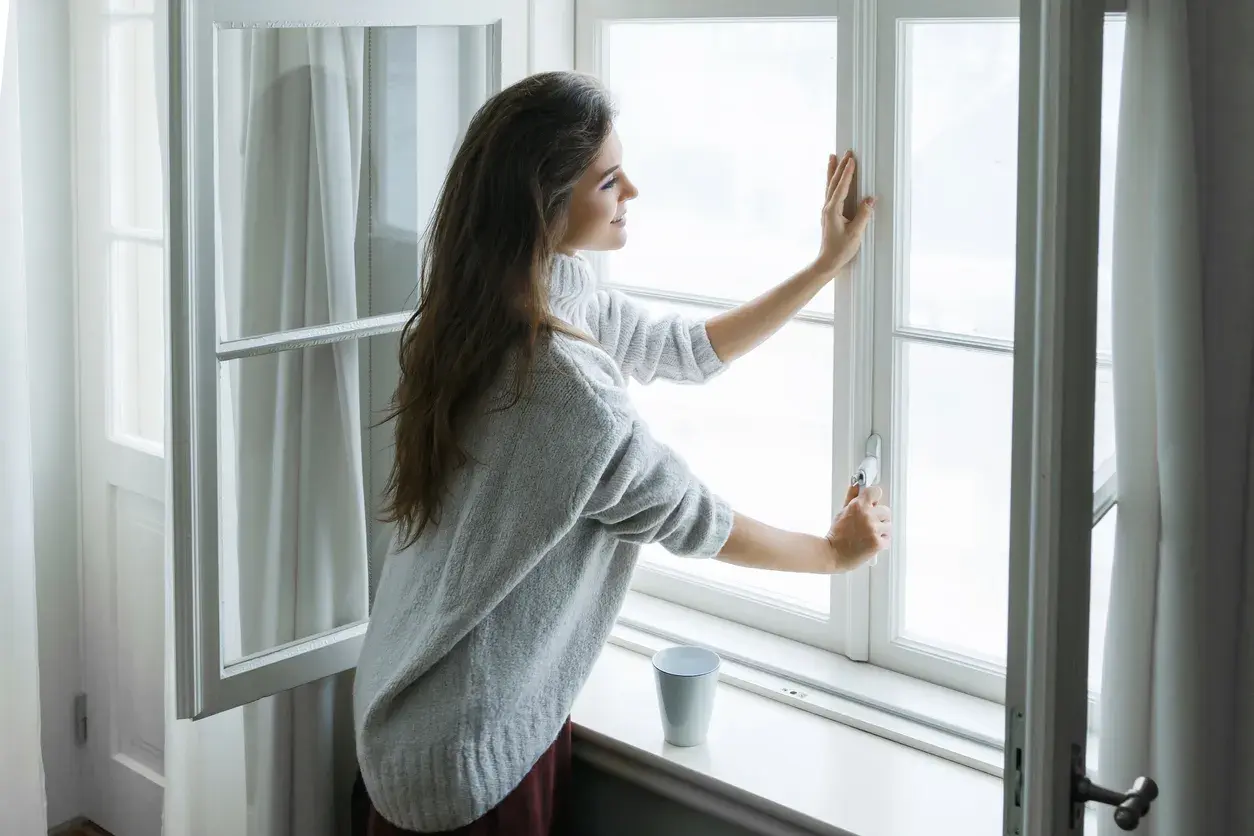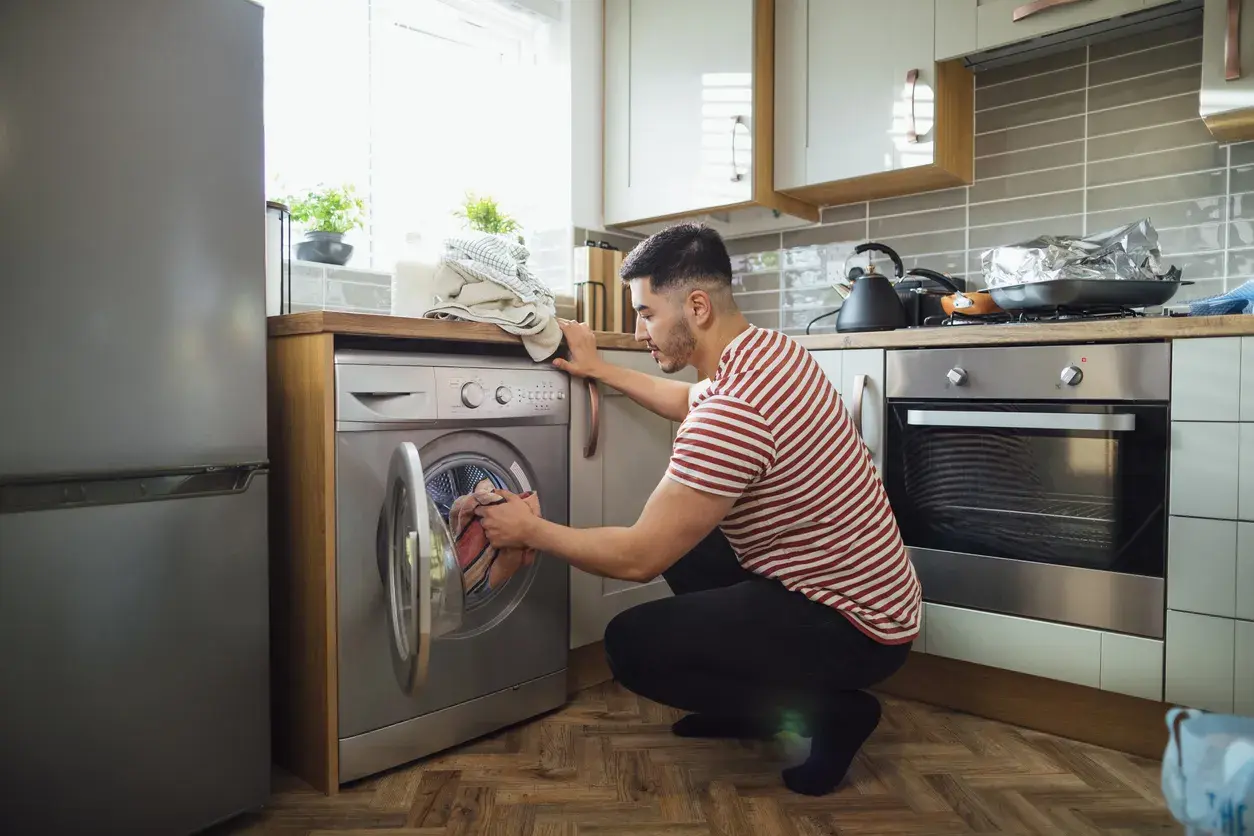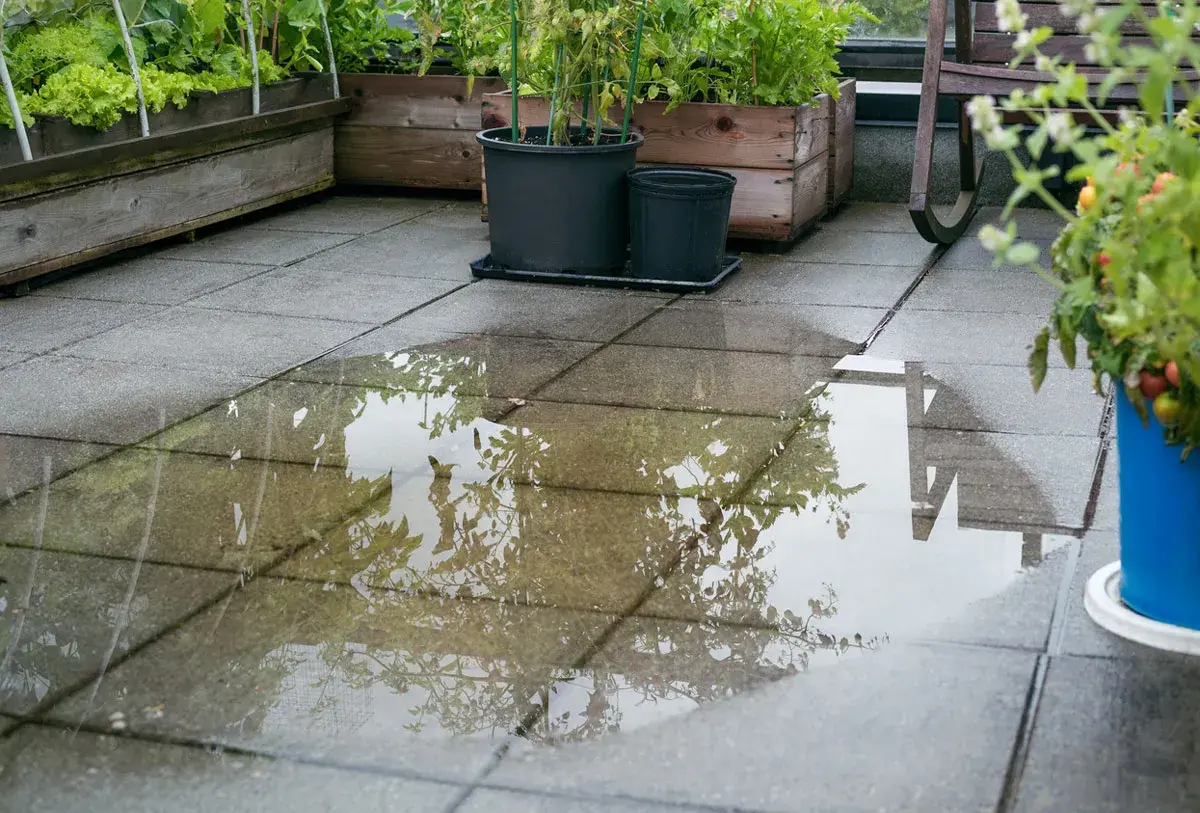Know the concepts of your home insurance
Buildings are those items that define and form part of the empty home and its outbuildings (foundations, floors, inside and outside walls, ceilings, roofs, bathrooms, doors, windows, blinds, awnings, electrical installations, water installations. etc.).
The contents refer to the furniture and the remaining objects insured under the policy.
Easy-to-follow rule: imagine that you place your home in the palm of your hand and you turn it upside down - everything that does not fall out is contents.
Based on what you have in your home, you must insure one thing or another. For example, if your home is being rented out and none of the furniture is owned by you, you can save on contents insurance.
Aesthetic damage is that which affects the original aesthetic characteristics of a home and is caused indirectly, either by a claim or as a result of repairs thereto.
Home insurance policies include an option to take out protection to cover these flaws to fixed installations in the event of claims; hence, if, for example, it is necessary to break the bathroom and the same tiles no longer exist, all the tiles can be changed, limited to the same room and up to the amount stipulated in the protection.
We talk about underinsurance when something is insured for an amount below its real value.
In the cases in which underinsurance occurs, when dealing with a claim, it will be compensated by applying a proportional rule. This rule will have the following formula:
Indemnity = Insured capital x amount of the damage / value of the insured items.
The opposite case can also occur, that is, when we insure something above its real value, what is known as overinsurance. In those cases, the insurer will pay compensation at the real value of the insured item and not for the insured amount, since it would generate an illegal enrichment on the part of the insured party.
Now that you have these concepts clearer, you can see everything offered by our home insurance policies here.
Find out more
More advice and questions about our home insurance
Choose the home insurance that best suits your needs
SegurCaixa Hogar
Best value for money option
-
Home assistance 24 hours a day, 365 days
-
Theft coverage
-
Basic continent coverage
-
Damage from fuel spills, leaks and embedded pipes
-
Family civil liability for pets and family members of up to €30,000
-
Maintenance service for small home repairs
-
Professional service, assuming travel expenses
Consult your tailored offer
THE BEST-SELLING INSURANCE
SegurCaixa Hogar Completo
Maximum coverage and protection
-
Home assistance 24 hours a day, 365 days
-
Theft and theft coverage
-
Comprehensive continent guarantee (all accidental risk)
-
Water damage, leaks due to lack of sealing, unclogging and repair of exposed pipes
-
Family civil liability for pets and family members of up to €1.5 million
-
Compensation for acts of vandalism caused by the tenants of the home
-
Maintenance service for small repairs at home
-
Service quality commitments
Consult your tailored offer
Do you have any doubts?




